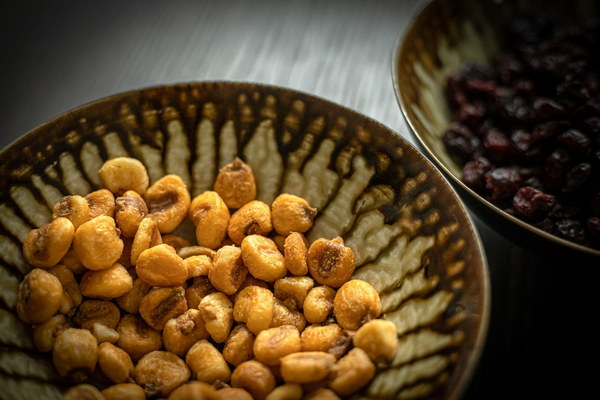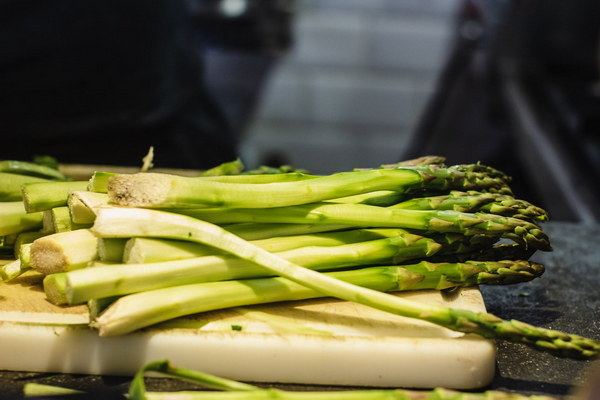Natures Lung Protectors Discover the Herbs That Nourish and Purify Your Lungs
In the vast array of natural remedies that Mother Earth has to offer, certain herbs have been celebrated for their ability to nourish and purify the lungs. These natural lung protectors not only help in maintaining respiratory health but also aid in the elimination of harmful toxins from the body. Let's delve into the world of these remarkable herbs that are known to be effective in lung care.

1. Mullein (Verbascum thapsus)
Commonly referred to as the lungs of the plant kingdom, mullein is a herb that has been used for centuries to support lung health. Its leaves and flowers are rich in mucilage, which helps to soothe and coat the respiratory tract, making it easier for air to pass through. Mullein is also believed to have expectorant properties, aiding in the expulsion of phlegm and mucus.
2. Thyme (Thymus vulgaris)
Thyme is a well-known herb in both culinary and medicinal traditions. Its essential oil contains thymol, a compound that has antibacterial and expectorant properties. Thyme can be used to make teas, tinctures, or infused in oils to help clear respiratory infections and improve lung function.
3. Elecampane (Inula helenium)
Elecampane is a plant with a long history of use in traditional medicine. It is particularly valued for its expectorant and demulcent properties, which help to loosen and expel mucus from the lungs. The roots of the elecampane plant are typically used in herbal preparations to support respiratory health.
4. Coltsfoot (Tussilago farfara)
Coltsfoot is another herb that is often used for respiratory issues. It contains a substance called mucilage, which coats and soothes the throat and bronchial tubes. Coltsfoot is believed to help in the treatment of coughs, bronchitis, and other respiratory conditions.
5. Lobelia (Lobelia inflata)
Lobelia, also known as Indian tobacco, is a potent herb that should be used with caution. It is well-known for its ability to stimulate the respiratory system and help expel phlegm. However, it can be toxic if used in high doses, so it is important to consult with a healthcare professional before using it.
6. Osha (Ligusticum porteri)
Osha, a plant native to the Rocky Mountains, is revered for its ability to support lung health. It is believed to be a powerful expectorant and has been used by Native Americans to treat respiratory conditions. Osha can be consumed as a tea or in tincture form.
7. Eucalyptus (Eucalyptus globulus)
Eucalyptus is a well-loved herb for its refreshing aroma and its ability to support respiratory health. The essential oil of eucalyptus can be inhaled to help open up the airways and reduce inflammation. It is often found in cough drops, inhalers, and other respiratory remedies.
8. Peppermint (Mentha × piperita)
Peppermint is not only a delightful addition to teas and candies but also a useful herb for the lungs. It has anti-inflammatory properties and can help to relax the muscles of the respiratory tract, making it easier to breathe. Peppermint oil can also be inhaled to alleviate respiratory symptoms.
While these herbs offer natural support for lung health, it's important to remember that they should not replace medical treatment for serious respiratory conditions. If you have a chronic lung condition or are experiencing respiratory symptoms, it is best to consult with a healthcare provider before starting any new treatment regimen.
Incorporating these lung-nourishing herbs into your routine can be a wonderful way to support your respiratory health. Whether it's through teas, tinctures, or essential oils, the natural power of these herbs can provide relief and promote overall well-being. Remember to use these herbs responsibly and in moderation, and always prioritize the advice of healthcare professionals for any health concerns.









